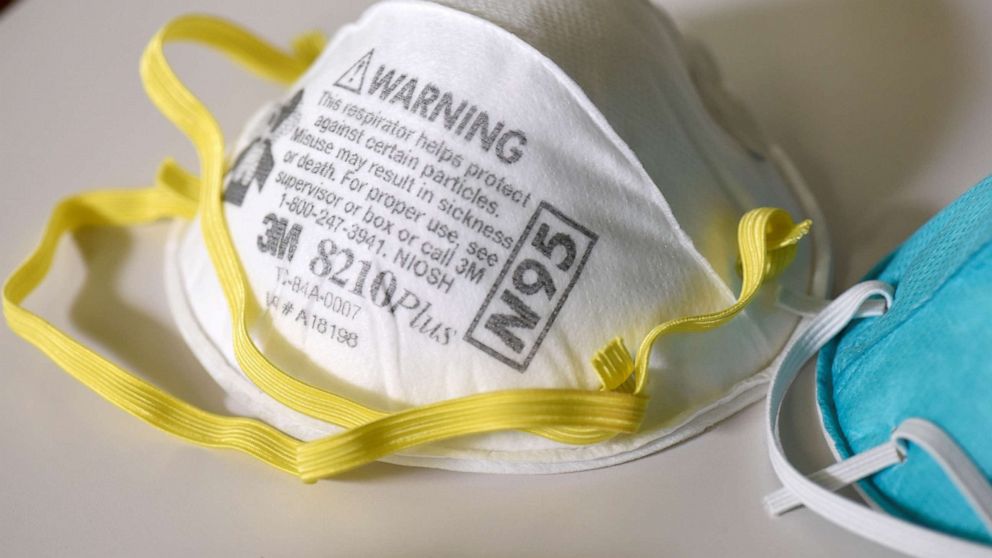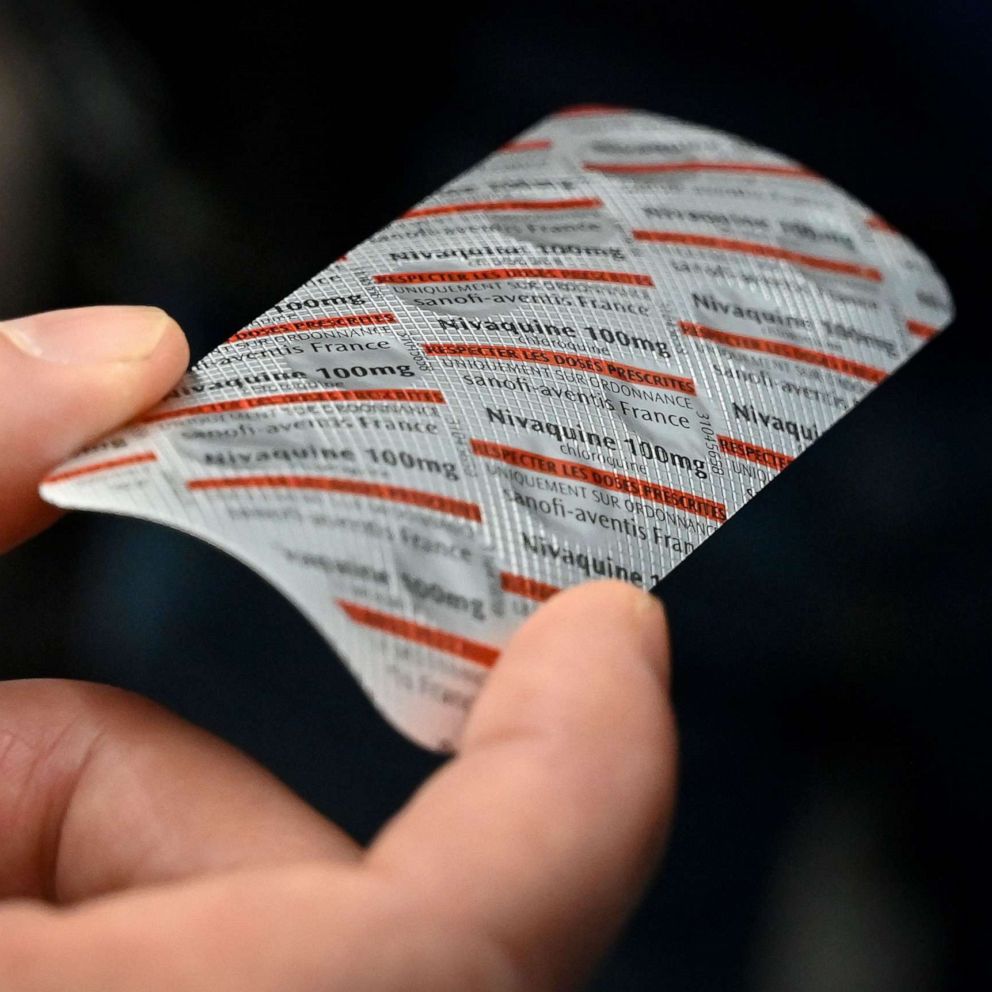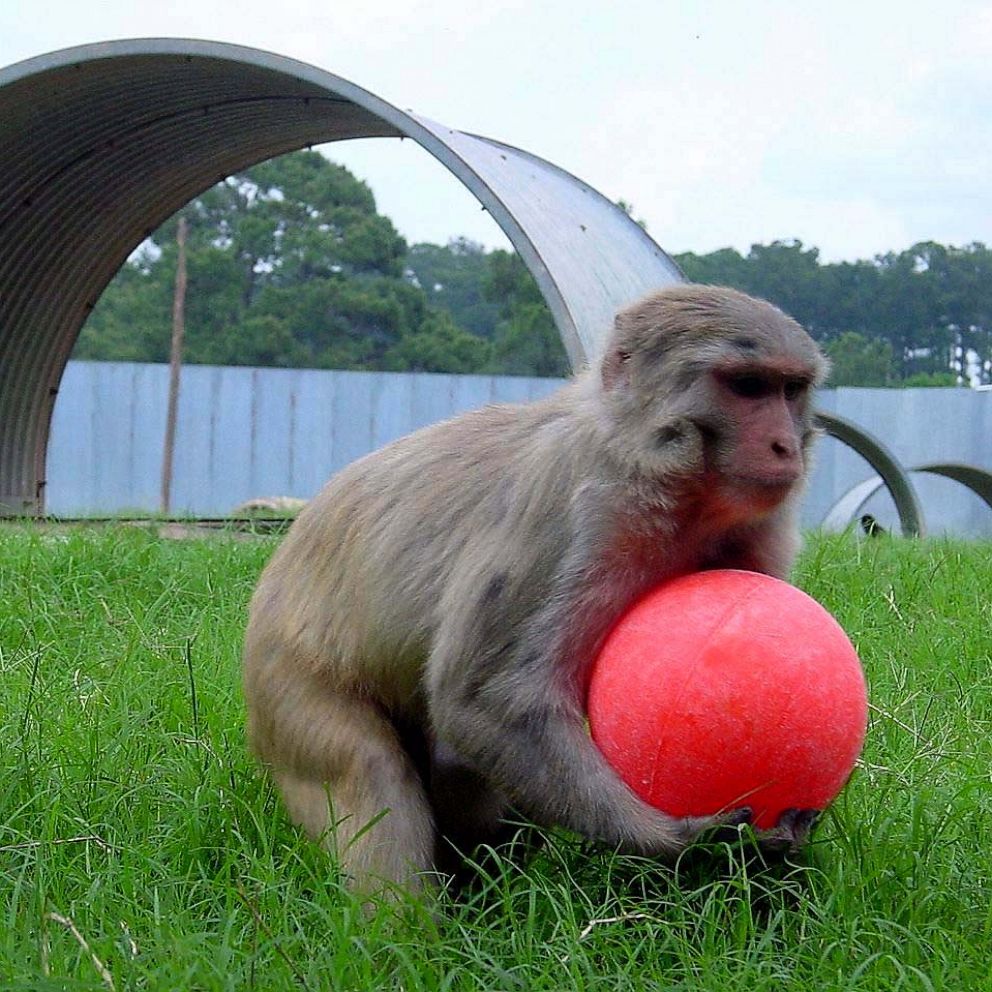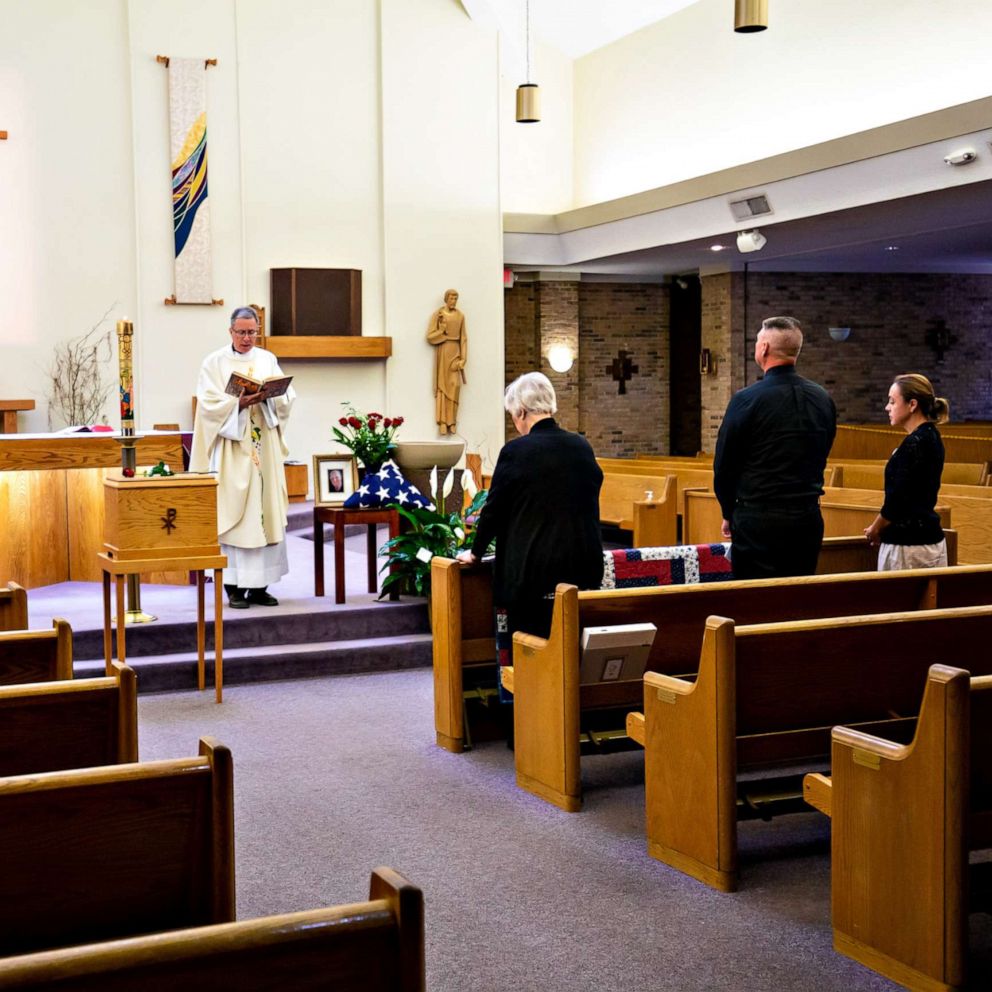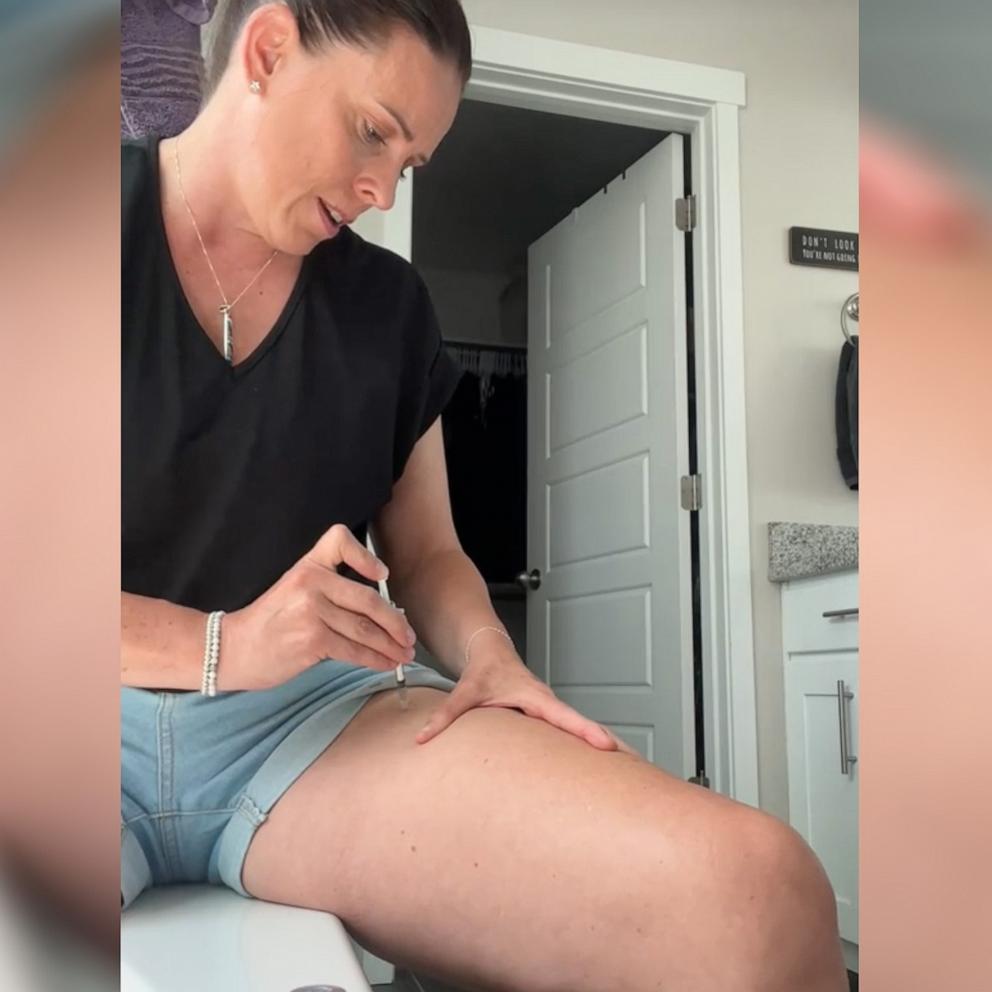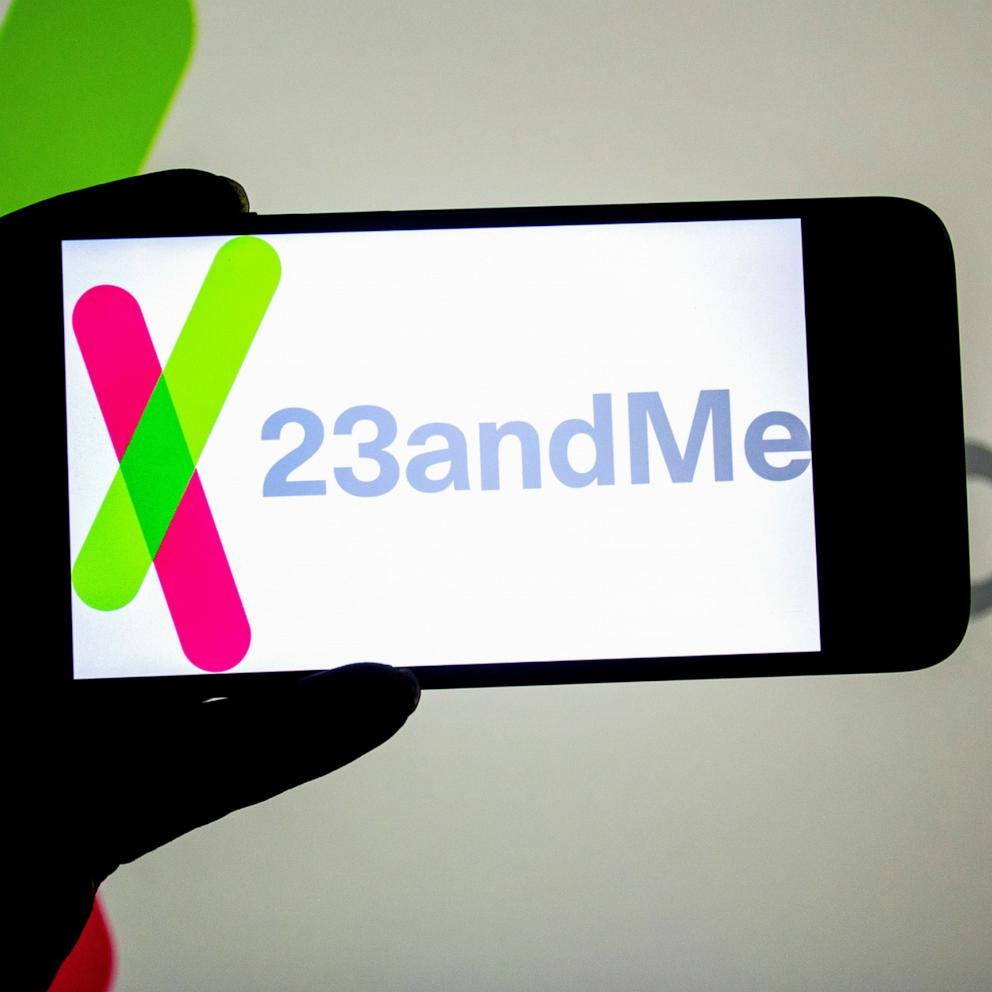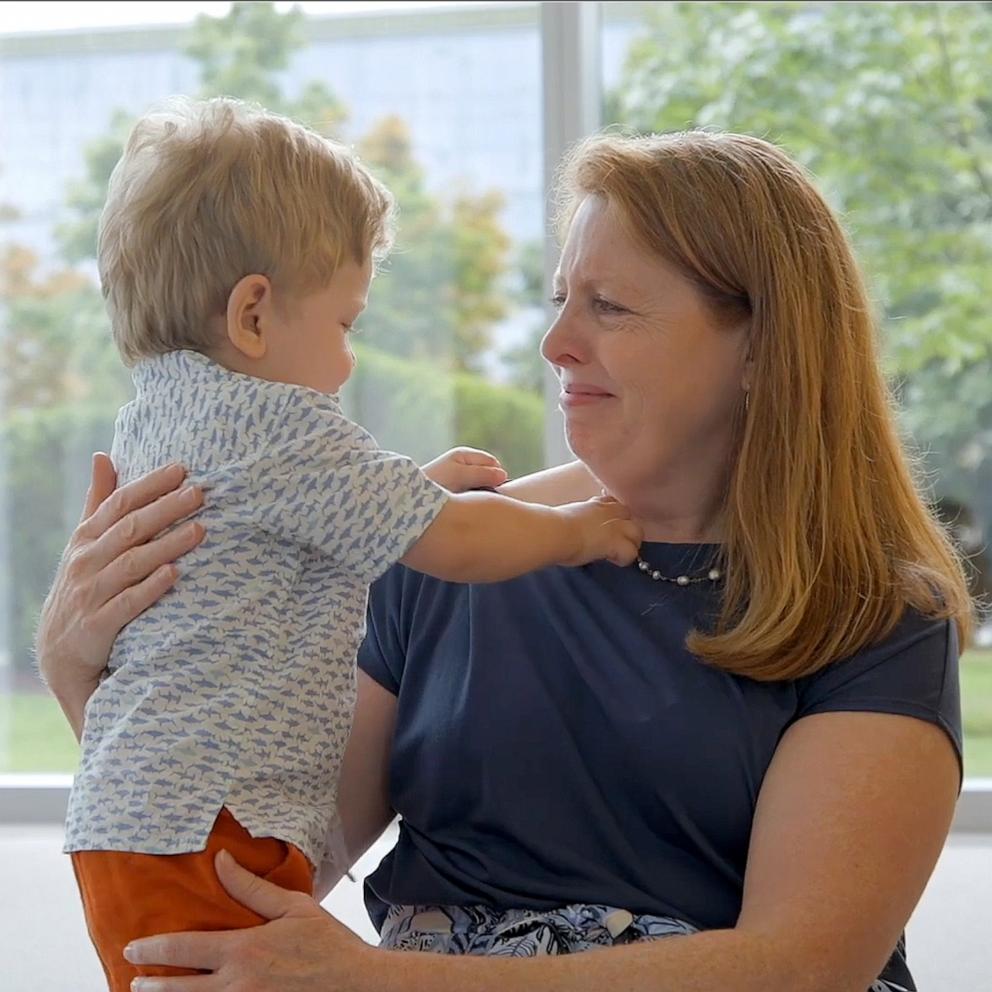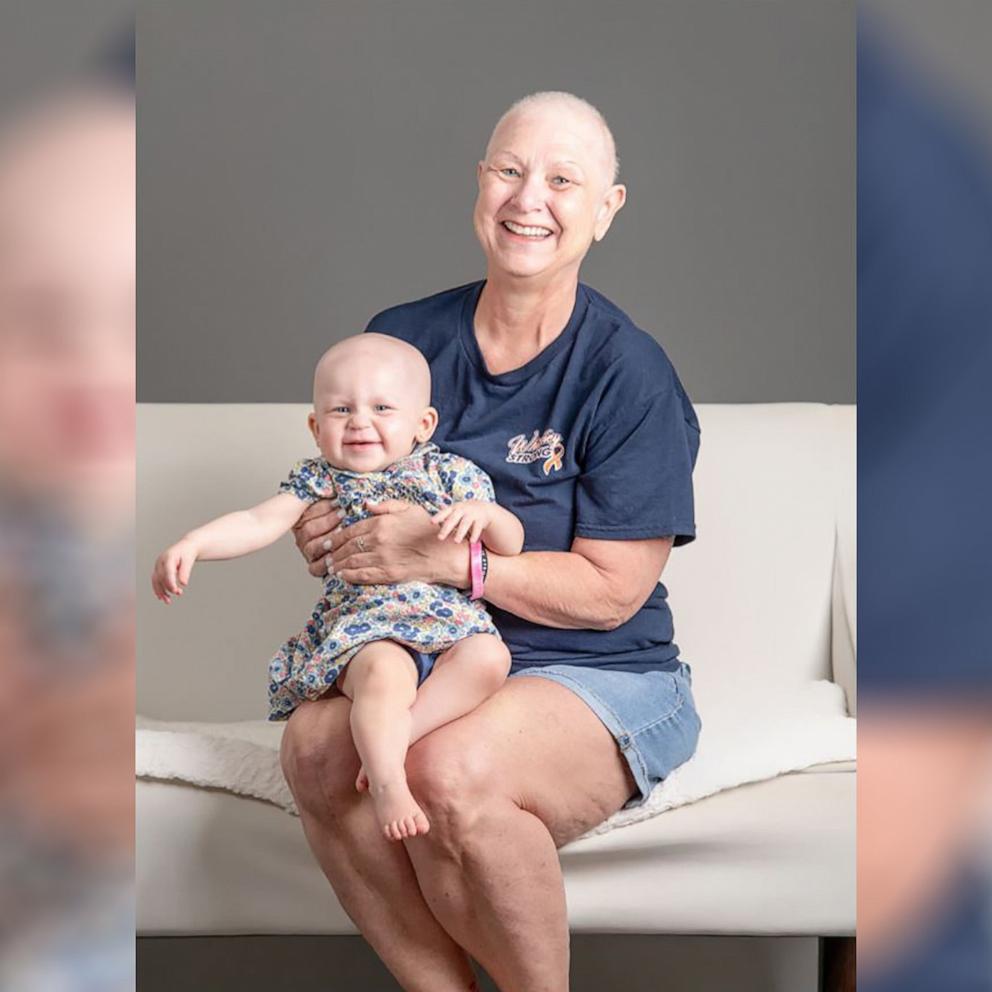Maker of masks for health care workers accused of making defective earplugs for military
3M, the maker of tens of millions of respirator masks to be purchased by the U.S. government for health care workers battling the novel coronavirus, was accused several years ago of knowingly selling defective earplugs to the military in a federal lawsuit settled with the U.S. Justice Department.
The St. Paul, Minnesota-headquartered company denies any wrongdoing and maintains the earplugs were not defective. To settle the case, first brought by a competitor and joined by the Defense Logistic Agency, the company agreed to pay the federal government $9 million in 2018 but did not admit any liability.
Aearo Technologies, the group that originally designed the earplugs, was acquired by 3M in 2008 for $1.2 billion. Aearo was already delivering earplugs to the military and the complaint alleged that 3M continued to knowingly make false claims about their product’s features.
“3M has great respect for the brave men and women who protect us around the world, and their safety is our priority,” the company said in a statement to ABC News. “We have a long history of partnering with the U.S. military, and we continue to make products to help protect our troops and support their missions.”
Fanna Haile-Selassie, a spokesperson for 3M, said the company continues to sell an updated version to the U.S. military today.
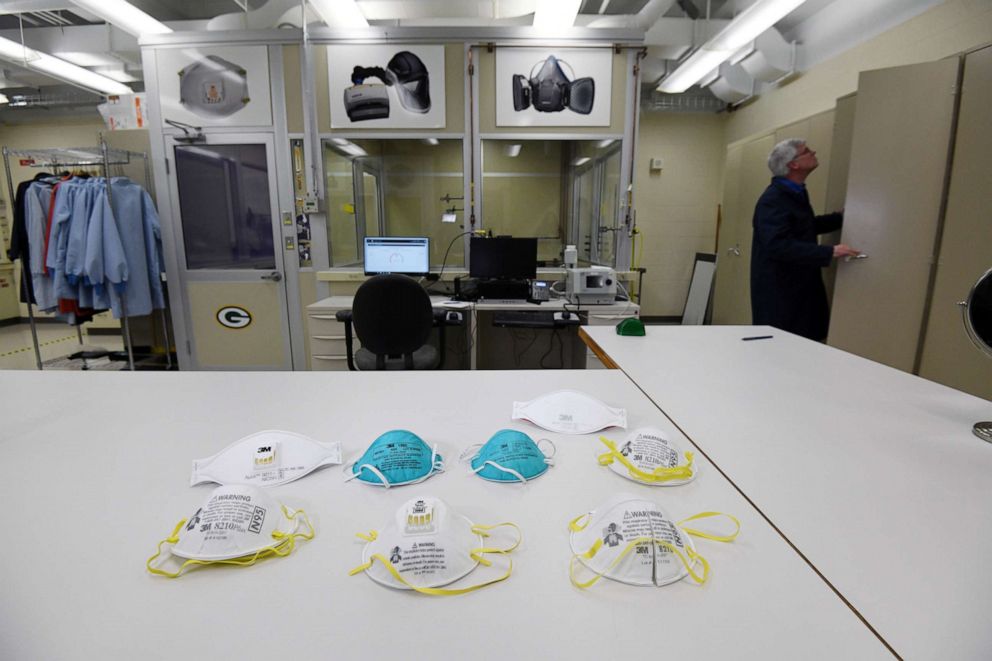
Haile-Selassie said the company worked closely with the military on the earplug design. But the lawsuit alleged the company failed to disclose a flawed design and testing method.
The complaint accuses the company of violating the False Claims Act by making and presenting false statements and conspiring to defraud the government.
Since the settlement, more than 7,400 personal injury lawsuits have been brought against 3M relating to the earplugs, according to federal court data compiled by researchers at Syracuse University. Some cases were consolidated last year, and they continue to be brought by veterans across the country.
“We deny this product was defectively designed and caused injuries, and we will vigorously defend ourselves against such allegations,” Haile-Selassie in a statement to ABC News.
With footholds in various industries, 3M makes a massive range of products under a number of brands, such as the original “Post-it” sticky notes. The company also manufactures more than 1,100 different types of medical supplies including bandages, stethoscopes and protective coveralls.
3M is now the recipient of about $5 million in contracts with the Department of Health and Human Services to produce N95 respirators, the masks in short supply in New York City and elsewhere across the country as the respiratory virus known as COVID-19 threatens to overwhelm hospitals and nursing homes.
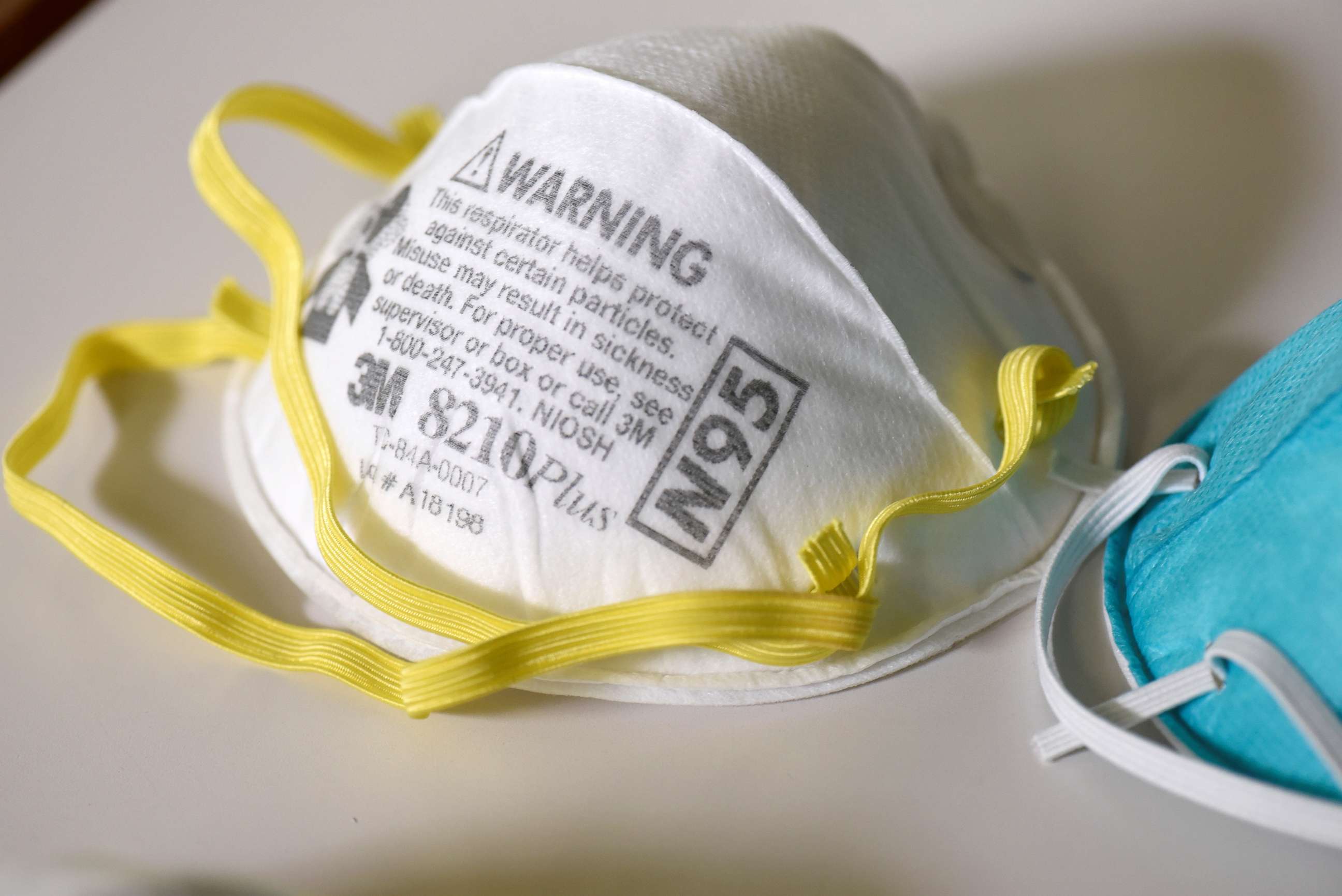
Last week, 3M announced it would dedicate resources toward making nearly 2 billion respirators over the next 12 months.
At a press conference at the White House last week, Vice President Mike Pence said a stimulus bill signed into law last week would enable companies, including 3M, to ramp up production and sales to hospitals by limiting liability.
Under the new law, companies are shielded from personal injury lawsuits involving the masks. That includes claims of physical or mental injury, illness or disability as a result of problems with the design, development or manufacturing of the respirators. However, companies are not immune from claims of intentional or criminal misconduct.
President Donald Trump said last week that HHS is delivering millions of respirators and surgical masks in an effort to patch up shortages across the country.
The Centers for Disease Control advises that most people not use masks outside of the workplace or enclosed environments, with some exceptions including those who are sick, or those who care for someone who is ill or immunocompromised. Wearing a mask unnecessarily could allow the virus to spread when the mask is adjusted or removed improperly.
The CDC continues to emphasize the importance of social distancing, handwashing and avoiding public areas whenever possible. The nation’s hospitals and other health care facilities are urgently scrambling to obtain protective gear for their workers.
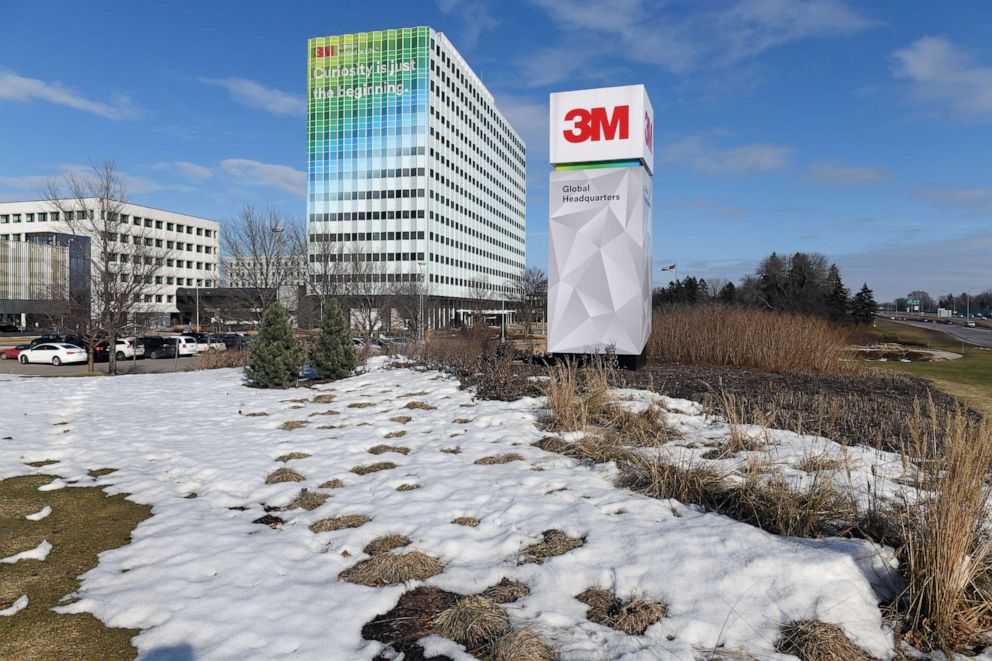
"It's particularly masks and the protective gear that we need desperately -- both to protect ourselves from patients but also patients from others," Dr. David Bell, a physician at Columbia University Irving Medical Center, told ABC News.
It’s not just hospital workers desperate for masks. Jared Rosenberg, Paramedic Supervisor with the Greenberg, New York, Police Department, told reporters this week that his department has resorted to collecting masks from the public.
"So far, over 195 [N95] masks and over 1000 surgical masks have been donated by the local residents,” Rosenberg said. “We're grateful for it, but this is no way to prepare for an uptick in cases. We need these masks and we need them now, and we need the federal government to pay for these masks because we can't afford them at this rate.”
HHS has predicted in congressional testimony that demand could go as high as 1 billion masks in the next 6 months.
This month alone, HHS has signed industry contracts worth some $500 million in the hopes of procuring 600 million N95 masks in the next 18 months. That includes a $4.8 million contract with 3M for the respirators.
The office of Congresswoman Betty McCollum (D-MN), who represents the district where 3M is based, said they have “every confidence” in the company, despite the prior allegations.
“We are very proud of 3M and their remarkable response thus far to ensure they’re meeting the safety needs of health care workers all across America,” a McCollum spokesperson said in a statement to ABC News.
HHS referred requests for comment to FEMA, which has taken the lead role in coordinating the government response. FEMA did not immediately respond to questions.
ABC’s Alex Mallin and Erin Schumaker contributed to this report.
What to know about the coronavirus:
- How it started and how to protect yourself: Coronavirus explained
- What to do if you have symptoms: Coronavirus symptoms
- Tracking the spread in the U.S. and worldwide: Coronavirus map
Tune into ABC at 1 p.m. ET and ABC News Live at 4 p.m. ET every weekday for special coverage of the novel coronavirus with the full ABC News team, including the latest news, context and analysis.
